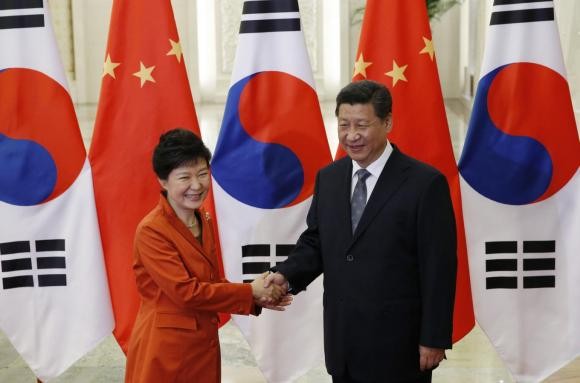Even though the multi-part "Super China" documentary aired for Republic of Korea (ROK) viewers between Jan. 15 and 24, the aftermath continues to echo for an eastern Asia that is still working out the factual nature of the cultural situation within its boundaries.
Similar to residents who live next door to each other, the neighboring nations of PRC (People's Republic of China) and ROK remain mysteries to each other on a deeper level.
As China Daily's Wu Yixue pointed out on Saturday, ROK is possibly less of an enigma for China, as the latter has joined the myriad of countries who have become smitten with the global explosion of the K-Pop cultural phenomenon.
Conversely, the author states that the lens that the Korean people have used to become acquainted with Chinese culture is a "narrow" one, while a sense of superiority has even developed among "some in the ROK."
In addition to Korea's cultural exports, which have been most influential on young Chinese nationals, senior writer Wu refers to "the large-volume exports of vehicles, cellphones, TV sets and other electronic products from the ROK to China."
In terms of inter-cultural arrogance, the writer recounts the "ridiculous viewpoints" that have been formulated by "some ROK scholars and researchers," such as the notion that "some aspects of Chinese culture . . . were introduced from the Korean peninsula."
The crux of Wu's op-ed is a cautionary sentiment directed at Chinese readers, which is dispensed for good reason. The documentary's directors claimed that the film was not only produced in response to calls for the Korean people to understand Chinese culture more deeply as part of a reciprocal process, but also served as a reminder that China in 2015 is very different to the nation of the mid-20th century.
However, the Chinese people need to heed Wu's own reminder that "there are always two sides to a coin." In fact, some Korean academics have interpreted "Super China" as the indirect depiction of a "China threat."
Subjects like this are always sensitive, so for anyone who is feeling confused, it may be helpful to consider a pop-culture example. In the ongoing EXO boy-band lawsuit, Chinese litigant Luhan informed the Korean media that he was partly motivated by the discriminatory treatment that EXO-M, the Chinese group, received in comparison to the Korean EXO-K.
It is important that Wu's advice to the Chinese people--to "not become excessively intoxicated" with the KBS portrayal of China--is given the gravity that is warranted.



























